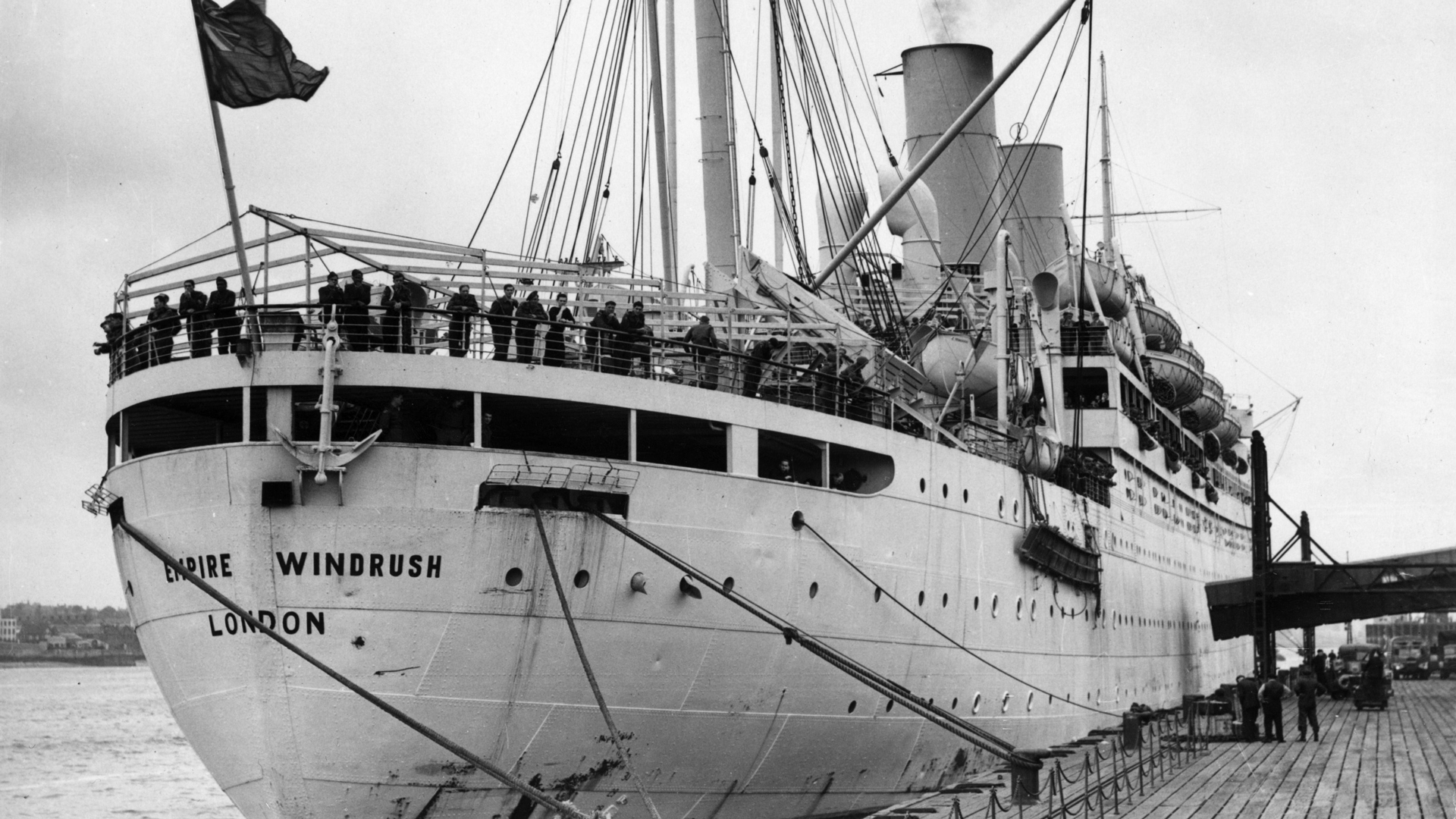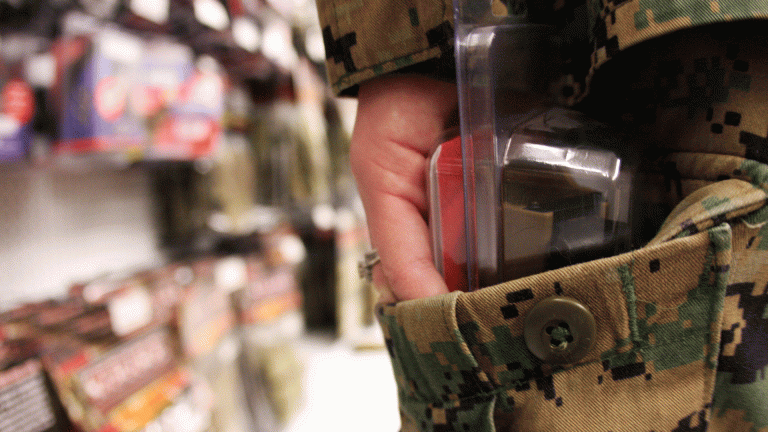The Windrush generation certainly changed the United Kingdom, and especially our big cities. I was living in Notting Hill as a locally born London Irish boy. And then suddenly, as if all at once, large groups of West Indians arrived on our slum streets. Soon after, though we left the slums for different slums, this sudden arrival led to the Notting Hill race riots of 1958, a week after a similar (forgotten) riot in Nottingham.
These were workers, the initial rush of whom came in an old boat once German and used by the Nazis, but renamed Empire Windrush. London Transport was recruiting directly from Jamaica and Barbados. A Conservative health minister called Enoch Powell was inviting West Indian nurses to work in the NHS. And they took up residence in the cheap and run-down parts of our towns. They filled up the jobs that the UK workforce didn’t want to take up: bus driving, hospital portering, cleaning, factory work, where the labours and machinery combined with the health threats that went with them.
They built and they dug and they portered and they drove. But how could the increasing prosperity of the UK working classes be catered for if these migrating workers weren’t doing the unsavoury jobs?
Many brought poverty with them. Many were from the countryside of the islands. They also brought their culture, food, language and their breezier take on music, which they made out of their own passions.
My first serious friend was a boy who arrived in 1954 and moved to the White City in Hammersmith, West London. I was just out of nick and aged 18 with ambitions to become a great painter. I worked for the Royal Borough of Kensington trees and garden department. My fellow workers, knowing I was out of a correctional institute, ‘sent me to Coventry’ (meaning they ignored me). But Simon, like me – and isolated, like me – took me up as his friend.
I took him out of London that year, his first exit from it since he got off the Windrush at Southampton 10 years before. I took him to Cambridge and he was astonished at how green England was.











